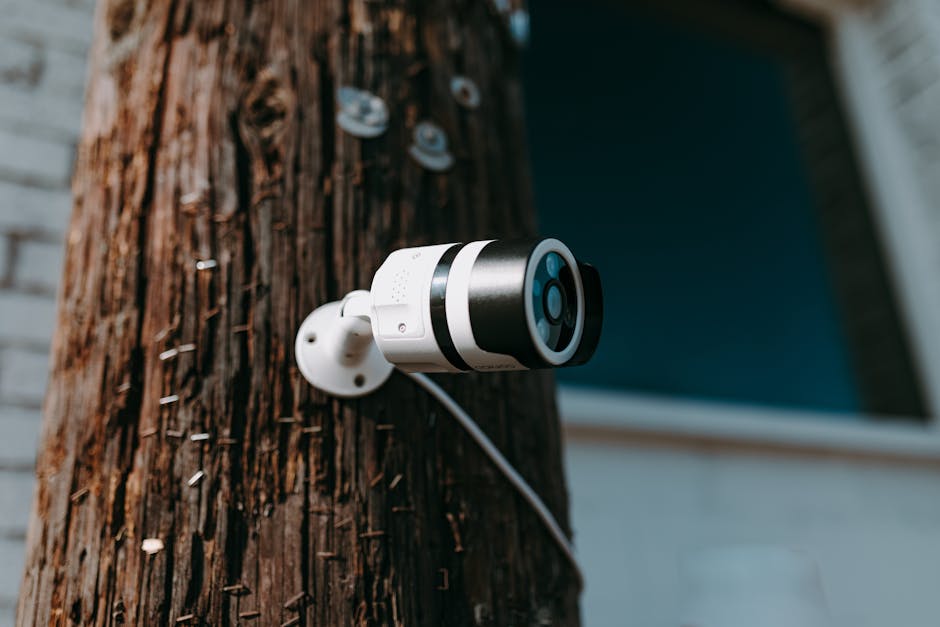Fabricated Trump Post Sparks Outrage Over Voting Rights
A fake social media post, falsely attributed to former U.S. President Donald Trump, has gone viral, causing confusion and anger among voters. The post, which threatened to revoke voting rights for certain groups, spread rapidly across X (formerly Twitter), Facebook, and WhatsApp before being debunked by fact-checkers.
How the Fake Post Spread
The fraudulent post mimicked Trump’s blunt tone, claiming he would “permanently strip voting rights” from non-supporters in the upcoming election. Its inflammatory language targeted minority communities, raising fears of voter suppression.
Despite having no credible source, the post gained traction among both Trump supporters and critics. Some shared it as proof of alleged authoritarianism, while others warned of election interference.
Fact-Checkers Confirm It’s a Hoax
Organizations like AFP Fact Check and Snopes quickly identified the post as fake. They confirmed Trump’s official accounts (Truth Social and X) never shared such a statement. Experts noted grammatical errors and stylistic inconsistencies typical of AI-generated disinformation.
“This is a clear attempt to exploit political divisions using Trump’s name,” said Pratiksha Rao, a digital forensics analyst at AltNews.
Why Election Disinformation Is Dangerous
With the U.S. election nearing, fake posts like this aim to:
1. Deepen Polarization: Impersonating leaders fuels distrust.
2. Suppress Turnout: Even false threats can discourage voting.
3. Undermine Trust: Repeated lies weaken faith in democracy.
The incident mirrors global trends, including India’s struggles with election-related misinformation.
How to Spot Fake Posts
- Verify the Source: Check official accounts (Trump posts only on Truth Social).
- Watch for Errors: Poor grammar or odd phrasing are red flags.
- Cross-Check: Use fact-checking sites like Boom Live or PIB Fact Check.
Social Media Platforms Criticized
X’s community notes eventually flagged the post, but it had already spread widely. Meta (Facebook/WhatsApp) has yet to respond.
The Global Disinformation Threat
From deepfake videos to AI audio, election misinformation is evolving. In India, fake clips of leaders have incited violence, highlighting the stakes.
Experts urge stricter platform policies and media literacy: “Think before sharing—false posts have real consequences,” Rao warned.
Key Takeaway
This hoax underscores how social media can destabilize democracies. While fact-checkers help, users and platforms must act to stop disinformation.
For real-time updates, follow NextMinuteNews’s #VerifyBeforeViral series.




